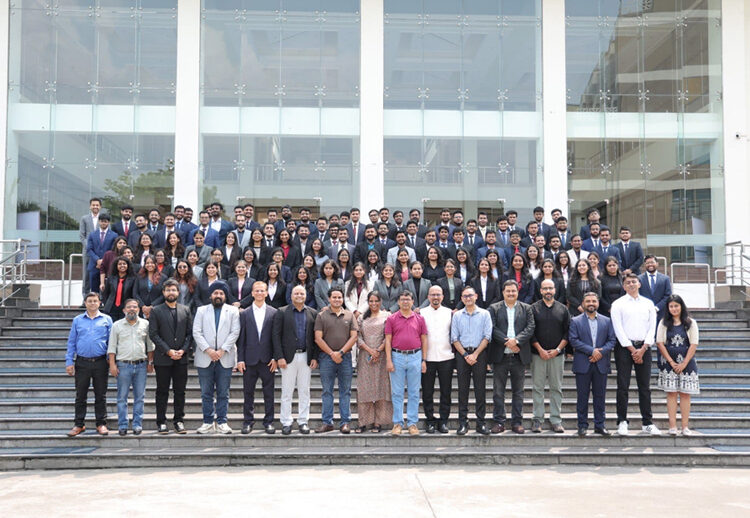The role of education in shaping societies and advancing progress cannot be overstated. Teachers and institutions have traditionally been at the forefront of imparting knowledge, but a new set of individuals, known as edupreneurs, have emerged in recent years as catalysts for positive change.
An Edupreneur’s Role:
An edupreneur combines an entrepreneurial spirit with a passion for education, paving the way for innovative approaches to address learners’ evolving needs. Vineet Gupta Ashoka University Founder emphasizes the importance of empowering learners through education through various initiatives, including Edtech startups, online learning platforms, and alternative education models. He states, “Education is not just about acquiring knowledge; it is about nurturing curiosity, creativity, and critical thinking. Edupreneurs have a unique opportunity to shape the future by equipping individuals with the skills they need to thrive in an ever-changing world.”
Bringing innovation to education:
Innovation in education is driven by entrepreneurs, who revolutionize traditional learning methods and foster personalised learning. Through the use of technology, they provide interactive platforms, adaptive learning systems, immersive virtual environments, creating engaging educational experiences for students and other emerging new-age applications.
According to a report by HolonIQ, global ed-tech funding reached a record-breaking $20 billion in 2021, up from $16.1 billion in 2020. By 2030, the amount of funding is expected to reach $ 80 billion, reflecting the growing recognition of technology’s potential. Despite the dip in funding in India this year, Edupreneurs continue to push education to its limits by seeing relevance and a positive macropicture. Rajat Johari, Senior Consultant at Unacademy, left his Group-A Officer job in the government sector to become an educator and Edupreneur. He says, “We are utilising the Indian tech startup ecosystem to revolutionise student education. The road ahead is challenging and ever-evolving, it requires several edupreneurs with distinct capabilities and ‘learning skill set’ to bring about the impact.”
What is the impact on society?
In addition to transforming education, edupreneurs have an impact on society at large. Well-educated societies contribute to economic growth, reduce poverty, and promote social mobility by equipping individuals with appropriate skills and knowledge.
Nelson Mandela once said, “Education is the most powerful weapon you can use to change the world.” This sentiment resonates with the work of edupreneurs, who understand that education is a catalyst for positive social change. They empower individuals to challenge societal norms, foster critical thinking and promote inclusivity. Shraddha Manu Foundation (SMF) designed a multiple-intelligence curriculum for economically weaker sections. They created a six-month 150-hour in-class and online programme to enhance women’s numerical skills, English language skills and digital literacy so they can have a source of income. Madhumati Narayanan, Founder of SMF, shares, “Through SMF, we are trying to give a chance to underprivileged women to become part-time teachers or entrepreneurs. We plan to empower the people who lacked opportunities to stand on their own feet.”
Vineet Gupta, one of the Ashoka University Founders, further emphasises the transformative power of education, stating, “Education can break cycles of poverty and create a more equitable society. Edupreneurs are responsible for ensuring that education is not a privilege but a fundamental right accessible to everyone. Real education is about economic development and growth, upliftment and welfare.”
Impact through collaboration:
Collaboration with governments, educational institutions, and other stakeholders is crucial to creating a sustainable and scalable impact for Edupreneurs. In partnership with policymakers and educational experts, Edupreneurs can drive systemic change, influence education policies and advocate for reform. According to the Indian government, the education system needs to be transformed to meet global standards. This year’s budget places a strong emphasis on the implementation of the New Education Policy, which highlights the importance of education and skill development among youth, technology, innovation, and digitisation.
Education entrepreneurs are motivated by a sense of purpose and a desire to contribute positively to society. Having an entrepreneurial mindset and being at the forefront of an educational revolution, they are able to bridge gaps, increase access, and transform traditional learning methods.
















